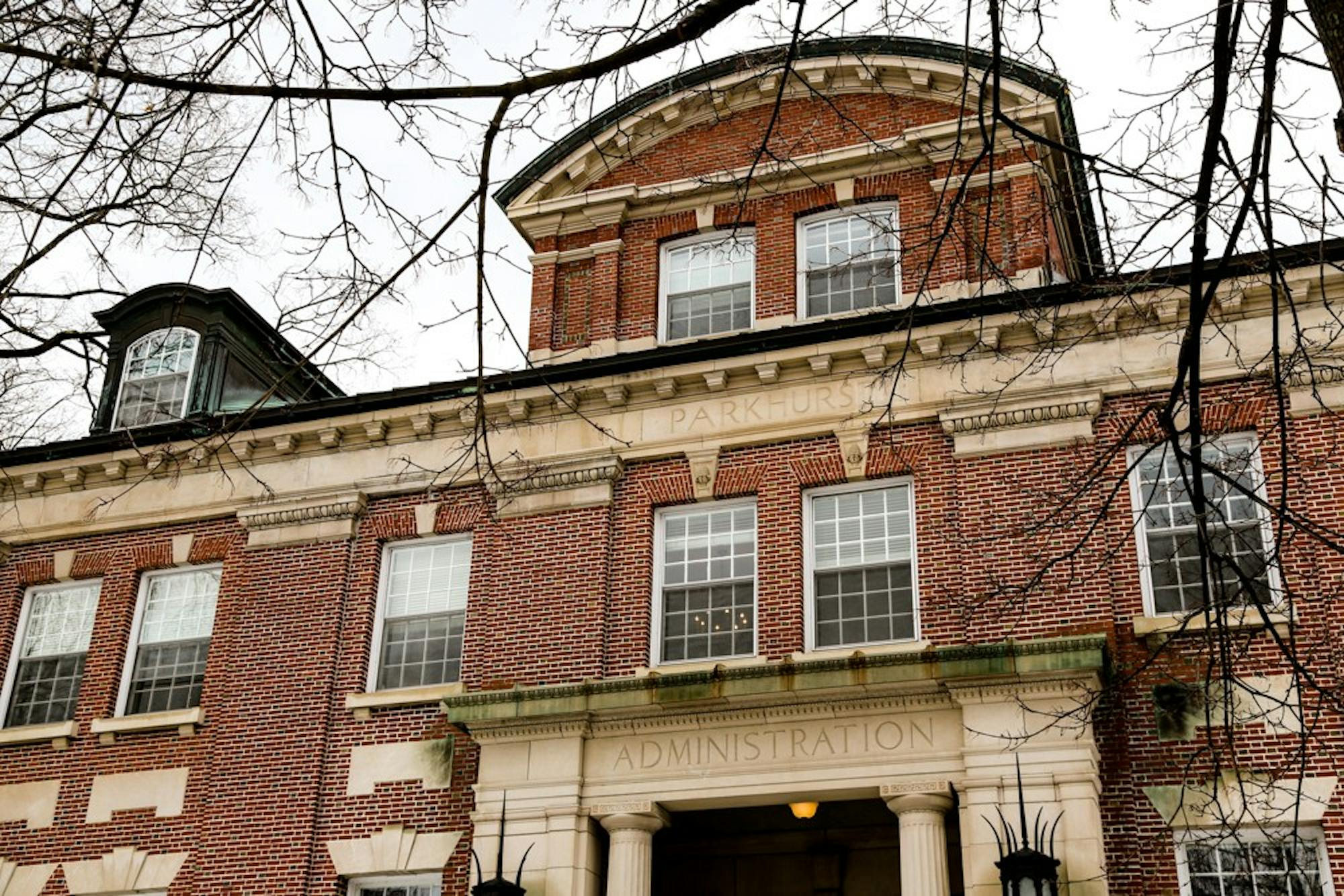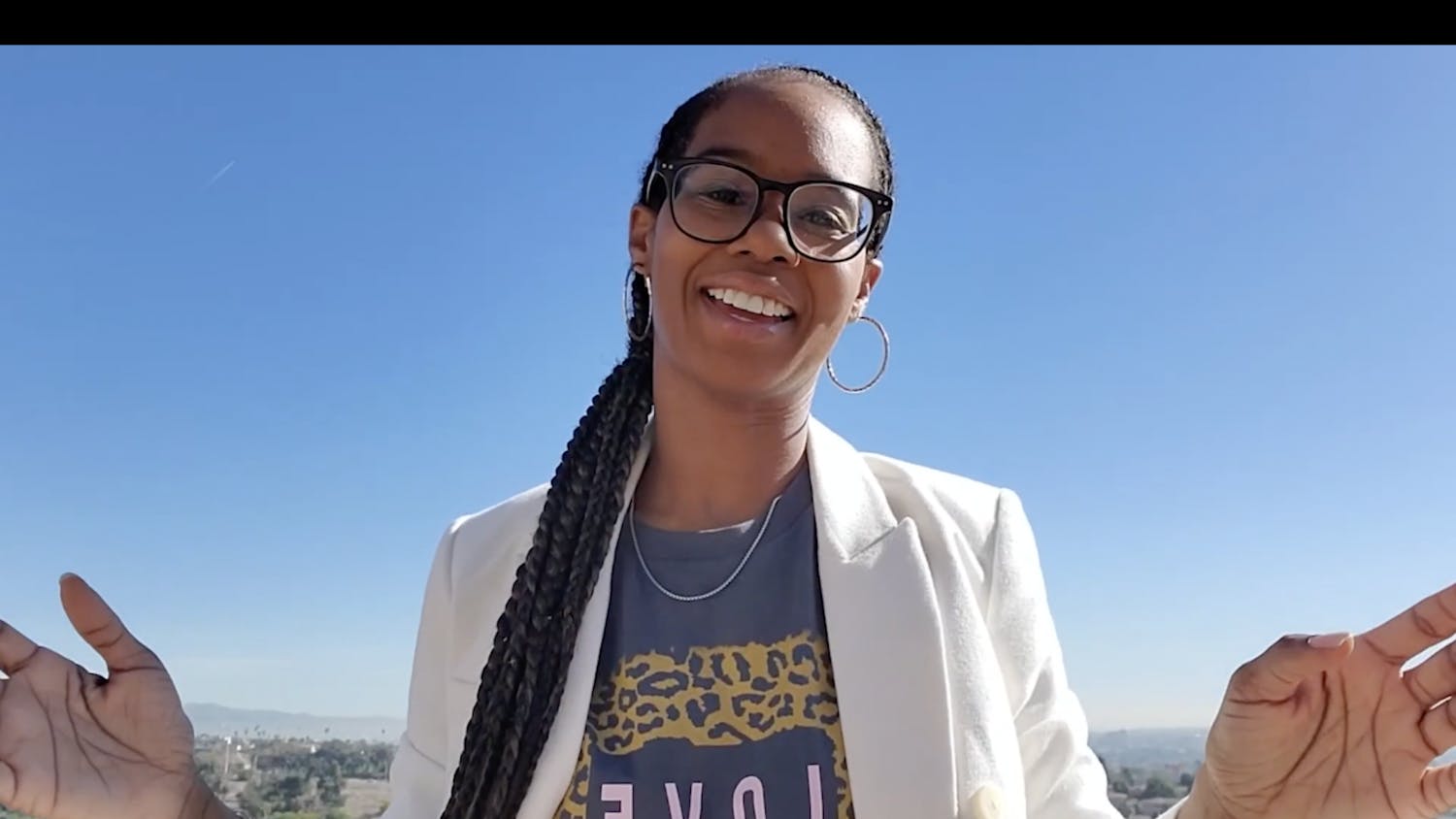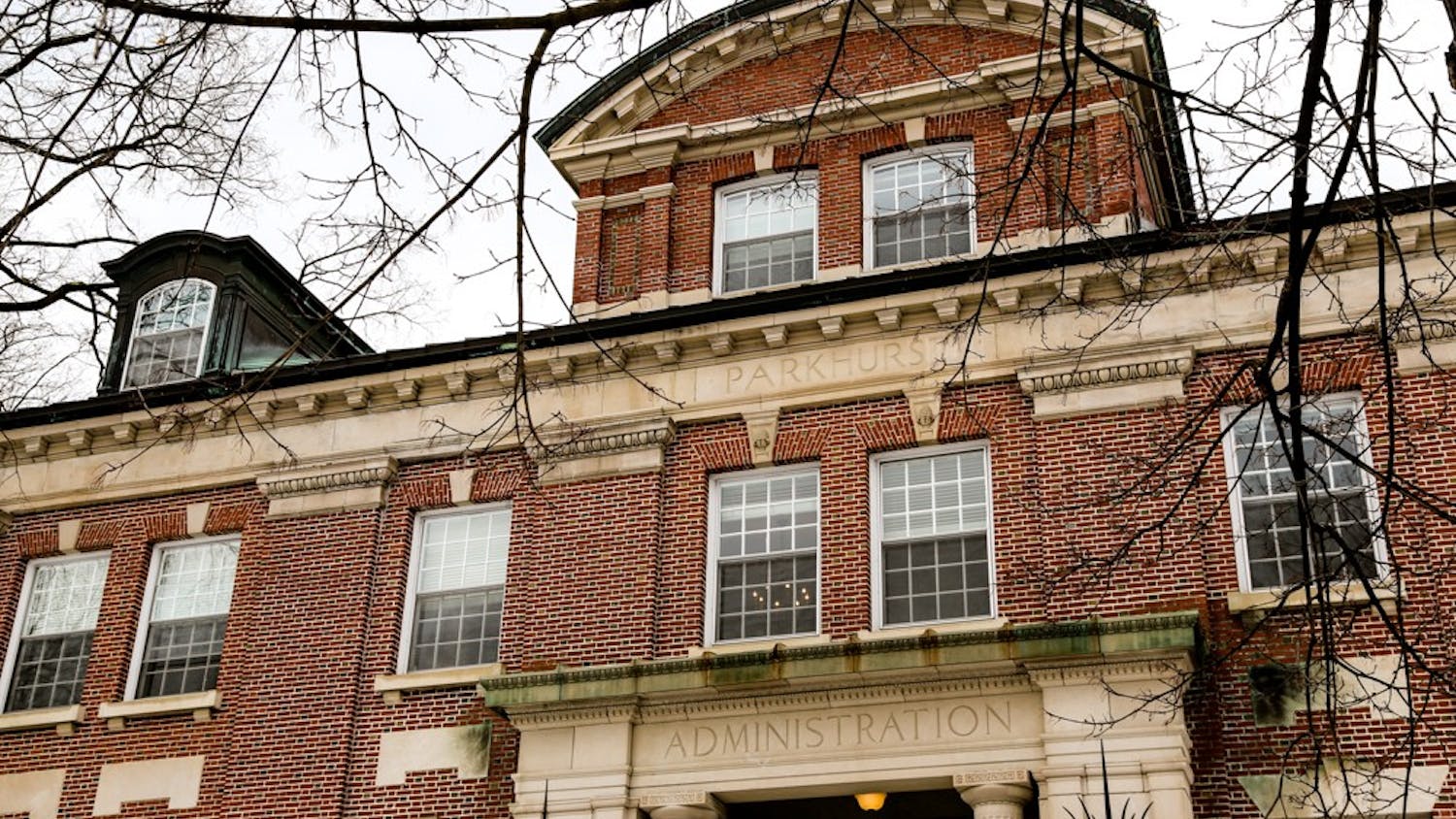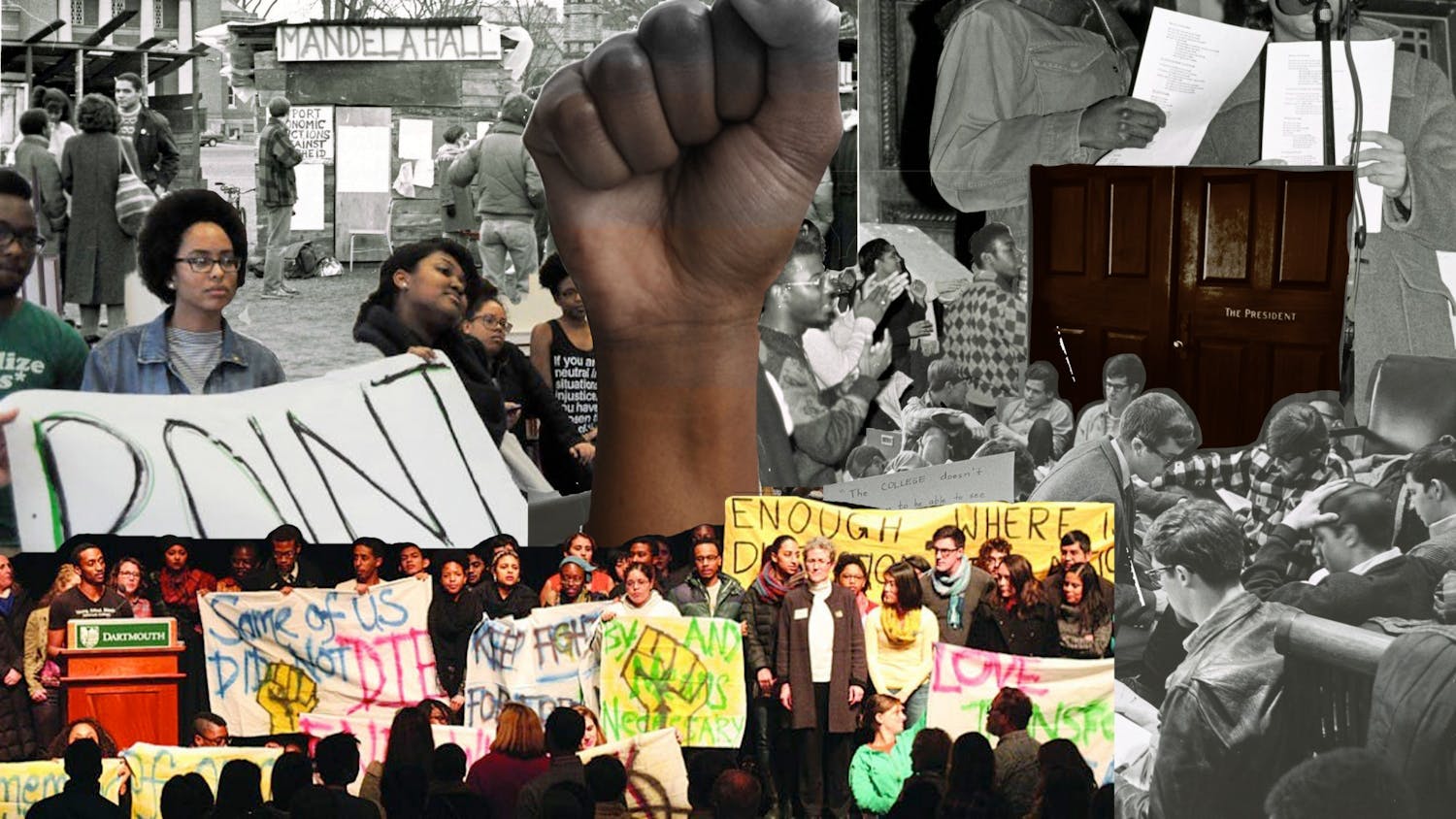On Jan. 18, the eve of Martin Luther King Jr. Day, College President Phil Hanlon sent an email to campus announcing a number of initiatives to foster “diversity, inclusivity and equality” in the Dartmouth community. The measures include an increase in faculty specializing in issues of race, more institutional support for faculty of color and reforms to the College’s financial aid practices.
Among the initiatives outlined, the College will focus on more representative hiring practices and bring in 15 additional faculty members of color. In the next few years, Dartmouth will also work towards implementing need-blind admissions for all students and eliminate undergraduate loans, as well as provide special funding for current students whose finances have been affected by COVID-19. Additionally, the College aims to soon announce its pick for senior vice president and chief diversity officer — a position that was elevated to directly advise Hanlon in June, after the departure of vice president for institutional diversity and equity Evelynn Ellis.
As part of the College’s commitment to hiring more diverse faculty, Hanlon wrote that he has asked the deans to dedicate 15 faculty tenure tracks — three per year for each of the next five years — towards “a cohort hiring program across the institution for BIPOC faculty,” as well as faculty who study racial injustice, systemic racism and inequality.
Matthew Delmont, history professor and special advisor to Hanlon for faculty diversity, explained that of the faculty of color hired by Dartmouth each year, at least three will be placed on the tenure track under the new plan.
According to Delmont, the initiative was prompted in part by an open letter written by Black faculty and staff on July 14, following the police killing of George Floyd, in which they advocated for more faculty of color among other institutional changes.
“I think the events of 2020 and then of early 2021 really forced institutions like Dartmouth to look more honestly at the campus climate and what it means for students of color [and] staff of color,” Delmont said.
Delmont added the dearth of faculty diversity in comparison to student diversity on campus impelled the change in hiring practices. In 2019, the latest year for which faculty diversity statistics at the College are available, 81% of tenured faculty and 84% of the faculty in total were white. Meanwhile, as of 2020, the College’s undergraduate student body is 52% white.
“One thing from the students’ perspective that we hear constantly is they want to see faculty that resembles the undergraduate population in terms of diversity,” Delmont said. “… I think it's important that students, regardless of the racial and ethnic background … see people at the front of the classroom who model a much more diverse profile of leadership.”
Delmont noted that many faculty of color on campus face the additional problem of being “overextended,” as they often act as mentors to students on campus who share their race or identity group.
Employing more faculty of color will make it easier to attract and retain faculty of color, Delmont said, as it will help to ease this burden.
“The more faculty we are able to recruit, I think we'll have a more thriving intellectual community among faculty of color here that I think will be easier to recruit [and] retain,” Delmont said.
Elizabeth Smith, dean of the faculty of arts and sciences, is overseeing the search for faculty to fill three positions related to race this year. A scholar who specializes in philosophical issues related to race and ethnicity or African American political thought will join the government or philosophy department, a scholar whose expertise lies in race and ethnicity will join the sociology department and a historian of the Black diaspora in the era of the Atlantic slave trade will join the history department.
The first two positions are set to be filled by the summer. The third has already been filled, though Smith noted that the new faculty member’s name has not yet been made public.
In addition, Hanlon wrote in his email that the College is implementing “more substantial leadership training than ever before” for faculty. This includes strengthening its existing LEADS training program — a yearlong leadership program for Dartmouth employees — and participating in the IvyPlus Faculty Advancement Network, which aims to provide resources and workshops on faculty leadership and inclusivity. The network spans all Ivy League schools, as well as the Duke University, the Massachusetts Institute of Technology, Stanford University and the University of Chicago.
According to associate provost for faculty affairs Dean Lacy, the first two IvyPlus Faculty Advancement workshops, offered this past summer, focused on issues of race in higher education. The third concentrated on “mitigating the impact of COVID-19 on the academic progress of underrepresented faculty,” according to Lacy, and the fourth was offered for “untenured faculty of color from the various universities to talk about keeping afloat strategies for BIPOC junior faculty.”
In another attempt to support diversity efforts on campus, Hanlon announced the creation of a new faculty award to recognize “exceptional efforts to support diversity and inclusion on our campus.” According to employee wellness manager Courtney Rochford, the Diversity and Inclusion Award has been added as one of six Lone Pine Excellence Awards that celebrate staff accomplishments through recognition and a monetary reward of $500.
Additionally, according to Hanlon’s email, the College has designated financial aid as the top priority for the remainder of the Call to Lead campaign in response to the financial hardships COVID-19 has imposed on Dartmouth families.
“I think that oftentimes when we think about financial aid, we think about it as a means to attract students to come here,” vice president for development Andrew Davidson said. “But … this initiative is ensuring that the students who are here on financial aid can fully participate in and receive the full Dartmouth experience.”
Davidson said the campaign hopes to meet its goals by 2022. These include the establishment of need-blind admissions for all students, the elimination of undergraduate loans from financial aid packages and expanding full-tuition scholarship eligibility from families with a minimum income of $100,000 to $125,000.
The campaign is 52% of the way toward its target of $250 million for endowing its need-blind domestic admissions program, 44% of the way toward its target of $90 million for need-blind international admissions and 29% of the way toward its target of $80 million for eliminating loans, Davidson said. He added that the campaign is $11 million away from being able to raise the minimum family income to $125,000.
According to Davidson, pressure from peer institutions has played a role in the prioritization of financial aid.
“Dartmouth is one of only two schools in the Ivy League that includes loans and financial aid packages,” Davidson said, adding that the other is Cornell University. “And so, we definitely look at where the other Ivy league schools are, and we want to squarely be in the camp of schools that have no lumps in their financial aid packages.”




